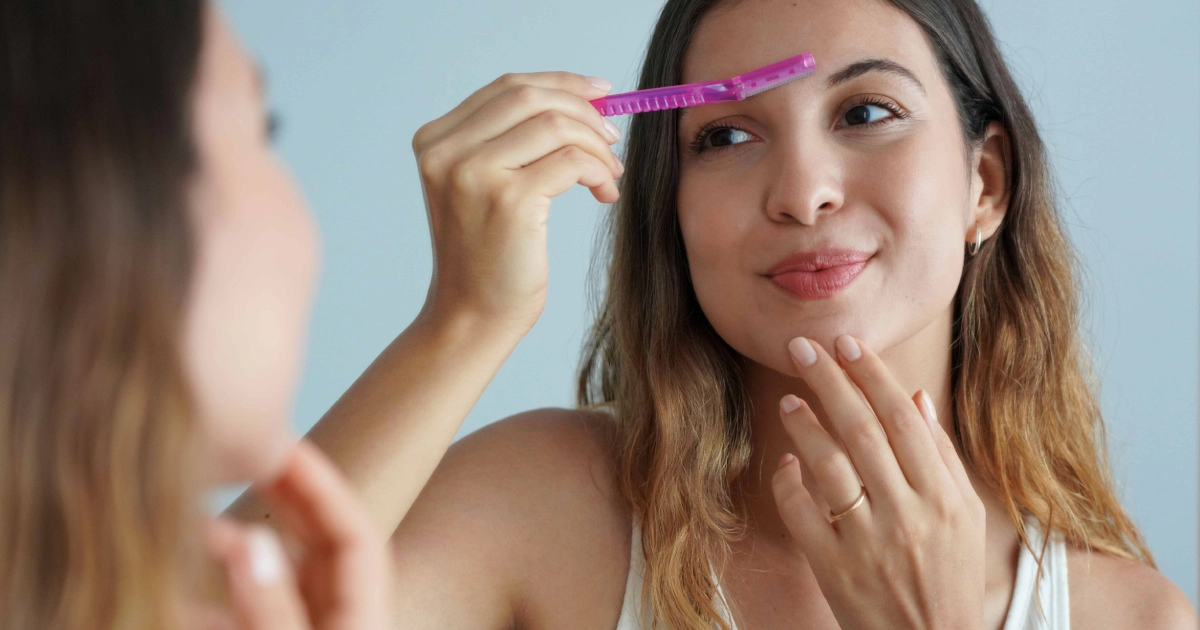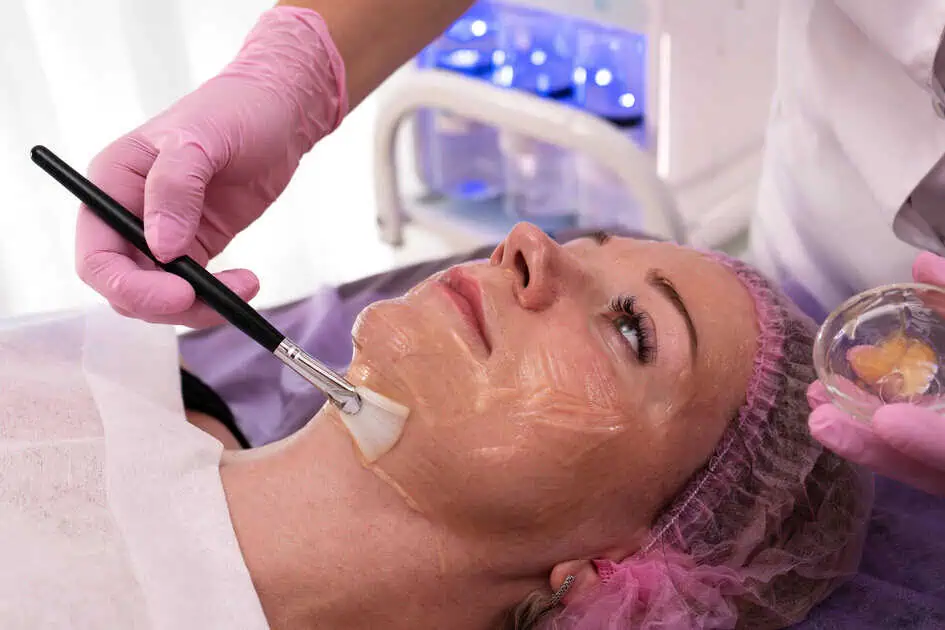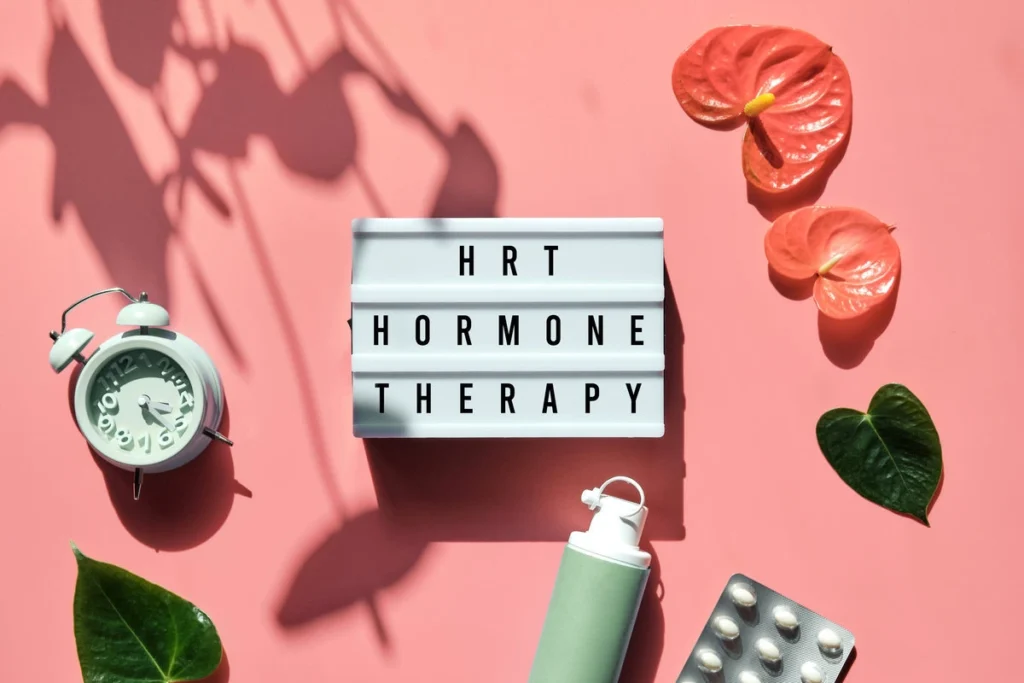In today’s fast-paced world, where time is important, many individuals are curious about the length of an IV infusion treatment. After all, no one wants to spend more time than necessary in a healthcare facility, especially when seeking treatment for an existing condition. At the same time, it’s crucial to ensure that the therapy is administered correctly and effectively to achieve the desired results.
What is IV Therapy?
IV Therapy, also known as intravenous therapy or infusion therapy, is a medical treatment that involves administering fluids, medications, or other therapeutic substances directly into a patient’s vein through an intravenous (IV) line.
The primary purpose of IV therapy is to provide fluids, medications, or nutrients that cannot be effectively administered orally or through other routes. It allows for rapid and efficient delivery of these substances directly into the bloodstream.
Types of IV Therapy
- Hydration Therapy: Fluids, such as saline or electrolyte-balanced solutions, are infused to treat dehydration, replace fluids lost due to illness or exercise, and maintain proper fluid balance in the body.
- Medication Administration: Various medications, including antibiotics, pain relievers, anti-nausea drugs, and chemotherapy agents, can be administered intravenously for faster and more efficient absorption.
- Nutrient Therapy: Essential vitamins, minerals, and other nutrients can be infused intravenously to correct deficiencies or provide targeted therapeutic benefits.
What are the uses of IV Therapy?
IV therapy has a wide range of uses and applications, offering potential benefits for various health concerns. Among the most common uses of IV therapy are:
- Immunity Support – The body’s immune system can be successfully supported and enhanced by IV treatment. Intravenous infusions of immune-stimulating minerals such as zinc and vitamin C can fortify the immune system’s reaction and enhance general well-being. Because these nutrients enter the bloodstream immediately, the body is able to absorb and use them to their fullest potential. Those recuperating from sickness or those with compromised immune systems may find this focused approach helpful.
- Antioxidant Therapy—Antioxidants are essential for lowering oxidative stress in the body and eliminating dangerous free radicals. Strong doses of antioxidants, including vitamin C, glutathione, and alpha-lipoic acid, can be directly given to the cells by IV treatment. These potent antioxidants can prevent oxidative stress-related cellular damage, encourage tissue repair, and maybe lower the risk of a number of chronic illnesses.
- Energy Boost – Low energy and fatigue can have a crippling effect on one’s general quality of life. B vitamins, vitamin C, and magnesium, among other vitamins, minerals, and amino acids, can be administered intravenously (IV) to treat exhaustion and give much-needed energy. These nutrients are essential in energy production and metabolism, supporting the body’s ability to generate and sustain energy levels.
- Recovery and Healing – IV therapy can benefit individuals recovering from injuries, surgeries, or intense physical activities. Infusions of fluids, electrolytes, and nutrients can help replenish essential substances lost during recovery. Specific nutrients like vitamin C, glutathione, and amino acids can support tissue repair, reduce inflammation, and promote faster healing.
- Hydration and Electrolyte Balance – Dehydration and electrolyte imbalances can occur due to various factors, such as illness, strenuous exercise, or excessive fluid loss. IV therapy can quickly and effectively restore proper hydration levels and electrolyte balance by directly delivering fluids and essential electrolytes into the bloodstream.
- Detoxification – Certain IV infusions support the body’s natural detoxification processes. Nutrients like glutathione, alpha-lipoic acid, and vitamin C can help eliminate toxins and support liver function, promoting overall well-being and optimal cellular function.
It’s important to note that IV therapy should be administered under the supervision of qualified healthcare professionals, who can evaluate individual needs, determine the appropriate formulations, and monitor for any potential side effects or adverse reactions.
How is IV Therapy administered?
IV therapy is typically administered by trained healthcare professionals like those at Ideal Women’s Health Specialists. The process involves inserting a catheter into a vein, attaching it to an IV line, and carefully regulating the flow of the infusion.
How long does the session usually take?
Most IV infusion therapy sessions typically last between 30 – 60 minutes. This timeframe is optimal for delivering the necessary fluids, medications, or nutrients while minimizing discomfort and ensuring patient safety.
However, it’s important to note that the exact duration of an IV infusion session can vary depending on several factors, including the type of treatment, the patient’s specific condition, and the recommended dosage or volume of fluids.
Factors Affecting Session Length
- Type of Treatment: Different IV infusion therapies have varying treatment durations. For instance, a hydration therapy session may take less time than a nutrient or vitamin infusion session, requiring a slower infusion rate to prevent potential side effects.
- Patient’s Condition: The severity of the patient’s condition can also influence the length of the IV infusion session. Patients with more severe dehydration, nutrient deficiencies, or chronic conditions may require longer infusion times to ensure adequate treatment.
- Dosage and Fluid Volume: The prescribed dosage or volume of fluids can impact the duration of the infusion. Higher volumes or specific medications may require a slower infusion rate, thus extending the session’s length.
- Patient Tolerance: Individual patient tolerance can also play a role in determining the infusion rate and the session duration. Some patients may experience discomfort or side effects at faster infusion rates, necessitating a slower administration process.
Preparing for Your IV Infusion Session
To ensure a smooth and comfortable experience during your IV infusion therapy session, it’s recommended to follow these simple guidelines:
- Hydrate well before your appointment to facilitate easier IV access.
- Wear comfortable, loose-fitting clothing that allows easy access to your arm or hand for the IV insertion.
- Inform your healthcare provider about any medications you’re currently taking and any allergies or sensitivities.
- Plan for a relaxing activity, or bring a book, magazine, or portable device to help pass the time during your session.
Schedule your IV infusion therapy today!
If IV infusion therapy is something you’re considering trying as a treatment, you should speak with licensed medical specialists who can evaluate your unique situation and offer tailored advice. At Ideal Women’s Health Specialists, our team of experienced practitioners is dedicated to delivering safe, effective, and personalized IV infusion treatments tailored to your unique requirements.
Don’t let uncertainty about the duration of an IV infusion session hold you back from exploring this beneficial therapy. Contact Ideal Women’s Health Specialists today to schedule a consultation and take the first step toward optimal health and well-being.




















